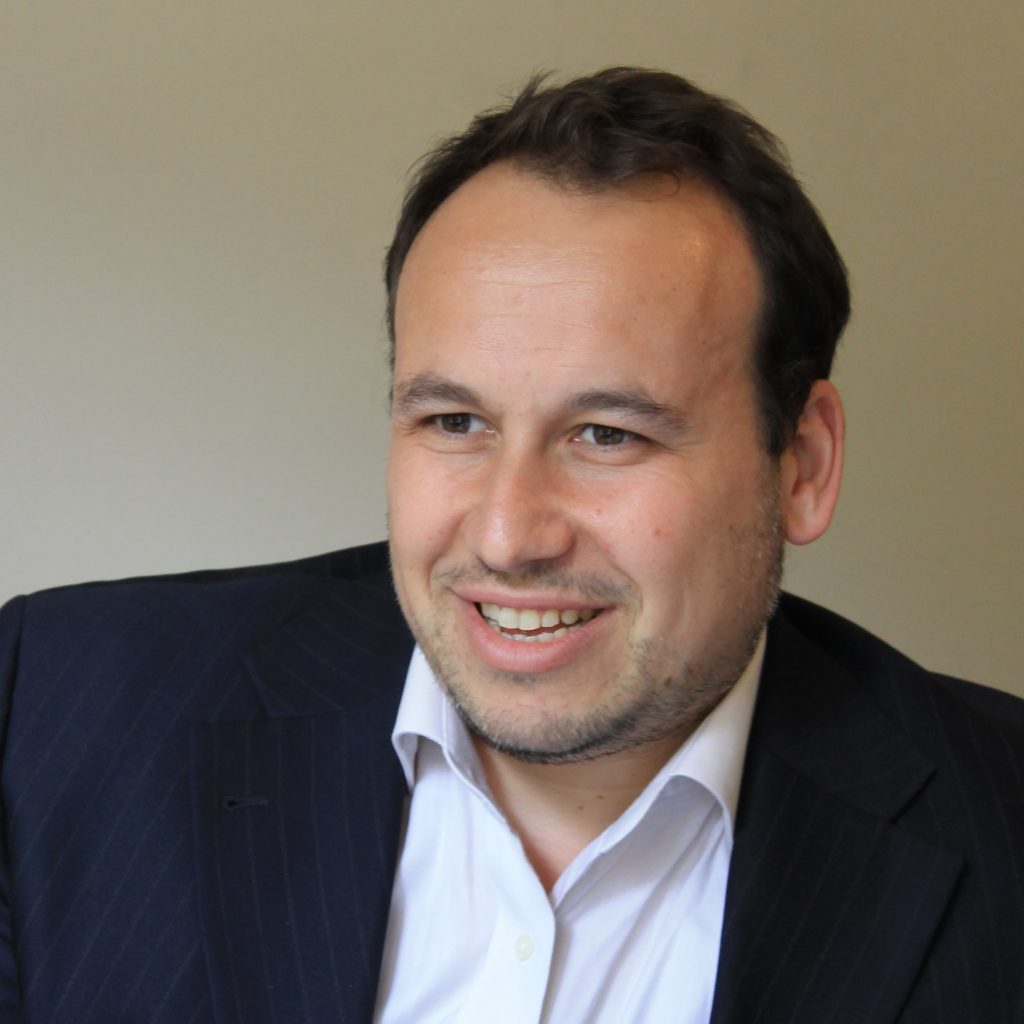Worth noting
Does your company have a subsidiary in another European country and does this subsidiary provide you with services?
The new trend from Tax Authorities is to consider this subsidiary as your "passive" fixed establishment, with all the consequences that this may entail in terms of VAT.
Forewarned is forearmed.
A company seeking to develop its economic activities in another country may decide to use a local commercial agent to boost its sales there. The task of this commercial intermediary can be more or less extensive: canvassing products, finding new customers, taking orders, ensuring the administrative follow-up of contracts, etc. The sales agent may be an independent company or a group company. A local subsidiary may well take on this commercial role and invoice its parent company for its services. In general, it is remunerated on the basis of the sum of all its expenses, plus a percentage varying, depending on the sector, from 3.5% to 10% per calendar year (the so-called "cost-plus" method).
The presence of a commercial agent in a foreign country has obviously given Tax Authorities ideas in recent years. They see this as an opportunity to bring the VAT revenue due between the agent and his client back into their fold. The angle of attack is always the same: the commercial agent constitutes a "passive permanent establishment" of the foreign company in the country. This aggressive approach allows them to relocate the services rendered to the company to be taxed in the country of the said establishment (derogatory point of reference) rather than in the country where the company has established the seat of its economic activity (priority point of reference).
And the trend is the same in all European countries, with particular mention of France, Spain, Poland and Belgium.
Let us take the following concrete example
A Polish service provider supplies IT services to a Belgian company. The services are normally taxed in Belgium. However, if the Belgian company has a passive permanent establishment in France and the IT services are intended for it, then they will be taxed in France rather than in Belgium.
This example illustrates the VAT dispute: in the minds of the Tax Authorities, any presence in a foreign territory is likely to constitute a "passive" permanent establishment: the simple rental of a warehouse (Poland, Spain), a commercial agent or even ... a subsidiary company.
This is the misfortune that a German company experienced in Romania.
The case brought before the Court of Justice
A German company sells pharmaceutical products in Romania. It has a wholly-owned local subsidiary that provides sales and marketing services. Its 150 sales agents travel around the country looking for new business opportunities. The German parent company is the sole customer of the Romanian company. The Romanian company invoices its services without charging VAT. VAT is in fact due in Germany (priority point of reference).
The Romanian Tax Authorities do not see it that way. In their view, the services provided by the Romanian company to the German company were received by the latter in Romania, where the latter would have had a passive permanent establishment. And this passive permanent establishment is ... the Romanian subsidiary itself. The invoices of the Romanian company should therefore have been issued with Romanian VAT (derogatory point of reference).
The Court of Justice's response
European case law has repeatedly examined the concept of a "passive" fixed establishment in an attempt to determine its contours. The judgment commented on here adds to the debate:
- For a fixed establishment to exist, it is not necessary to have human or technical resources of one's own. If these human or technical resources belong to a third party, it is necessary that the company has the power to use these resources as if they were its own.
- The same means cannot be used both to provide as well as to receive the same services
The sales representation and marketing services provided by the Romanian company are received by the German company, which then uses its own human and technical resources located in Germany to conclude and execute sales contracts with distributors of its products in Romania. Therefore, the German company does not have a permanent establishment in Romania.
Judgment of the Court of Justice of 07/04/2022, Berlin Chemie A. Menarini SRL, case C-333/20
What can we learn from this judgment?
Contrary to what the Tax Authorities believe, the fact that a local subsidiary provides services exclusively to its parent company does not de facto lead to the existence of a passive fixed establishment for the latter.
Is the question of the passive permanent establishment definitively settled by this ruling? No. The Court closes the door but leaves the window wide open: in the light of economic and commercial reality, a subsidiary might eventually constitute the passive fixed establishment of the parent company!
Furthermore, the issue of the "active" fixed establishment was not addressed in this judgment.
Although this ruling has put some beacons, Tax Administrations are likely to continue to play with uncertainty. They will be able to continue to target foreign companies in their territory with the risk of double taxation. They will continue to "hunt" for companies with ease.
But the game is not over yet. Another case (this time concerning Belgium) is pending before the Court of Justice.
This proves that companies with foreign subsidiaries have every interest in following this VAT news closely if they want to be able to defend themselves when foreign Tax Authorities come knocking at their door.
Contact us
Any VAT question ?
We offer you the opportunity to discuss the subject during a free videoconference.
